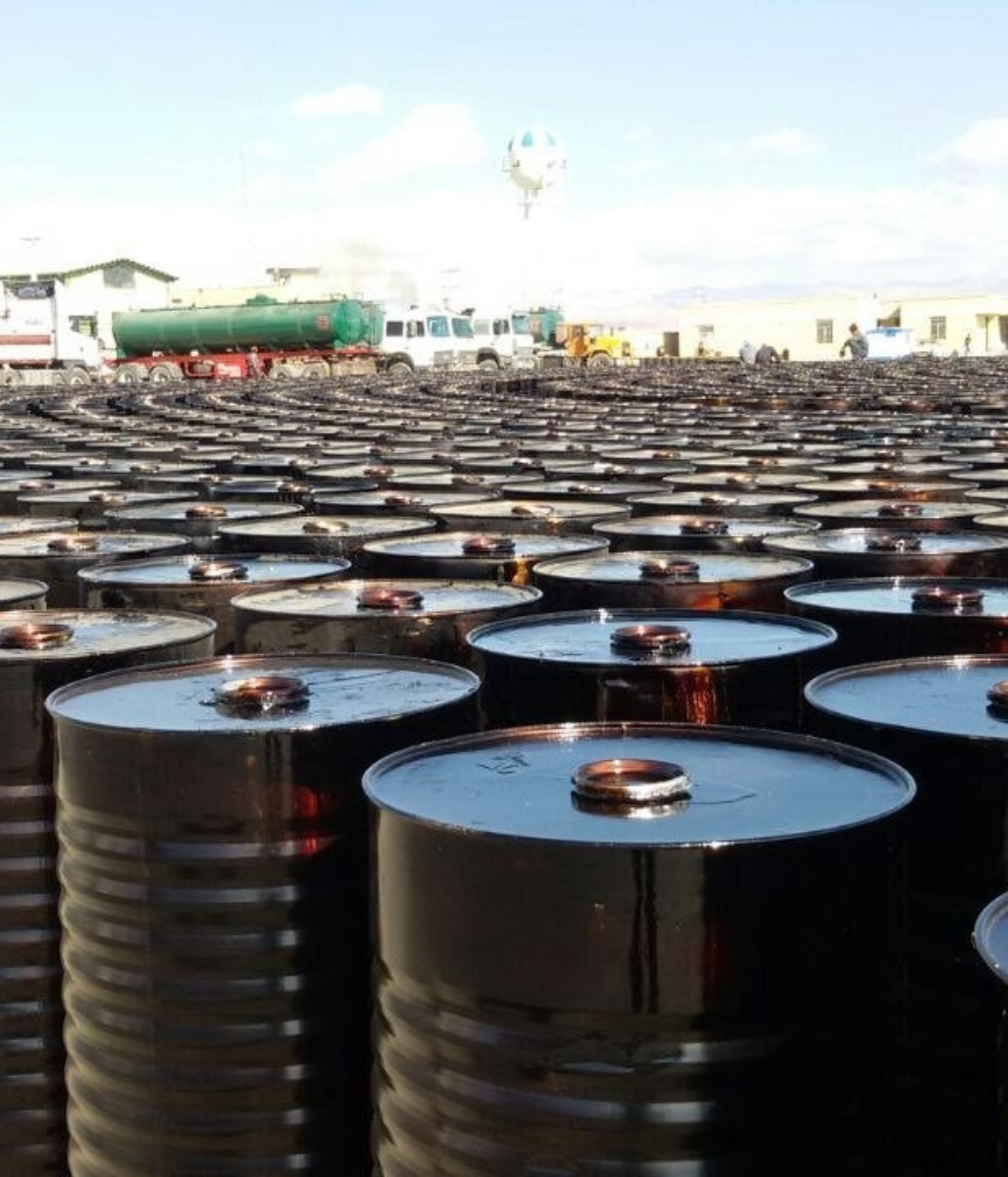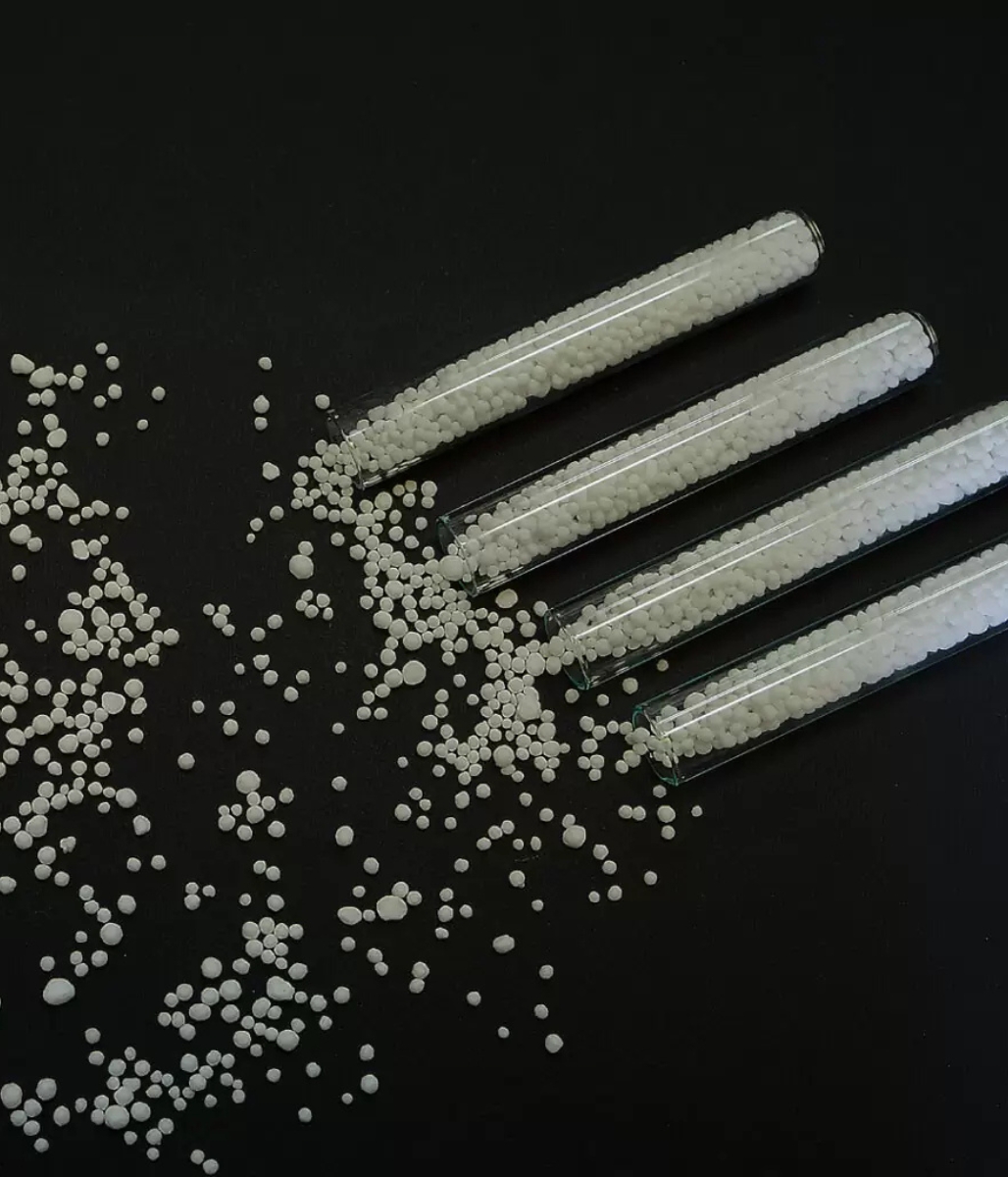Gilsonite (Natural Asphalt)
Gilsonite, also known as Natural Asphalt, is a naturally occurring solid hydrocarbon resin extracted from the Earth's surface or shallow mines. It is a black, lustrous, and brittle material primarily composed of asphaltenes and resins. Gilsonite is highly valued for its unique properties, such as high solubility in organic solvents, excellent binding capability, and resistance to weathering, making it a versatile material in various industrial applications.
Key Characteristics:
Composition:
Contains high levels of asphaltenes and resins.
Free of impurities like sulfur and heavy metals compared to synthetic alternatives.
Soluble in aromatic and aliphatic solvents, as well as in petroleum-based products.
Physical Properties:
Black, glossy appearance with a brittle texture.
Melting point ranges between 150°C and 220°C (302°F to 428°F), depending on its grade.
High softening point and thermal stability.
Durability:
Highly resistant to water, UV radiation, and chemical degradation, making it ideal for outdoor applications.
Applications:
Oil and Gas Industry:
Used in drilling muds and cementing formulations to control fluid loss and stabilize boreholes during drilling operations.
Acts as a performance-enhancing additive in oil well cement.
Pavement and Road Construction:
As a modifier for asphalt binders, it improves the strength, durability, and resistance of road surfaces to cracking and rutting.
Used in waterproofing applications for pavements and foundations.
Ink and Paint Industries:
Acts as a resin component in printing inks and industrial coatings, providing durability, gloss, and enhanced adhesion.
Adds black pigmentation and wear resistance to coatings.
Adhesives and Sealants:
Serves as a binder in the production of adhesives and sealants, offering high binding strength and water resistance.
Foundry and Metallurgical Applications:
Used as an additive in foundry sand molds to enhance mold strength and prevent cracking during the casting process.
Acts as a carbon source in metallurgical processes.
Construction Industry:
An ingredient in waterproofing membranes, protective coatings, and crack fillers.
Chemical Industry:
Used in the production of rubber, plastics, and insulating materials as a filler or extender.
Advantages of Gilsonite:
Natural and Eco-Friendly:
A non-toxic alternative to synthetic additives.
Derived from natural sources, reducing the reliance on chemical processing.
Versatility:
Solubility in various solvents makes it adaptable to multiple applications.
Compatible with other materials like bitumen, polymers, and resins.
Durability:
High resistance to weathering, oxidation, and chemical attacks ensures long-lasting performance.
Improved Performance:
Enhances the physical and chemical properties of asphalt, adhesives, and coatings, leading to improved product performance.
Environmental Considerations:
While Gilsonite is a natural product, its extraction and use may have environmental impacts. Sustainable mining practices and proper handling can mitigate these concerns. Additionally, its use in applications like road construction contributes to durable infrastructure, reducing maintenance and environmental footprint over time.
Gilsonite's unique properties and natural origin make it an invaluable material across industries, offering exceptional performance and sustainability. Its growing use reflects a demand for high-quality, versatile, and eco-friendly materials in modern industrial applications.

.jpg)

